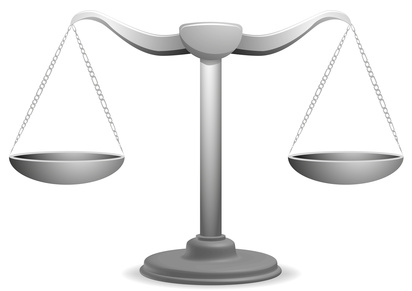Non-disclosure “absurd”

Part of a recent ruling by the Permanent Court of Arbitration has exposed the unacceptable nature of the international tribunal system’s Investor-State Dispute Settlement (ISDS) provision, according to story in Scoop, relayed by the TMA and quoting a trade and investment expert.
As was reported here yesterday, the Court on the weekend made public a heavily redacted ruling ordering Philip Morris Asia (PMA) to pay the Australian government an undisclosed sum in legal costs relating to its failed case against the country’s plain [standardized] packaging law.
While generally welcoming the court’s decision, the Australian Fair Trade and Investment Network (AFTINET) convener Dr. Patricia Ranald said that it was “absurd and unacceptable” for the tribunal not to disclose the amount of the costs – something the Australian public had a right to know.
This non-disclosure “exposes the unacceptable nature of the international tribunal system known as Investor-Disputes (ISDS), which enables global corporations to bypass national courts and sue governments in international tribunals over public health and other public interest laws”, she was quoted as saying.
ISDS tribunals lacked the proper legal safeguards present in national court systems, having no independent judiciary, precedents or appeals, while enjoying wide discretion, she said.
AFTINET, which is a network of community groups, has called on the government to release the costs of the PM case immediately, and to oppose the inclusion of ISDS in all trade agreements.
Although the amount of the award has not been made public, there has been speculation that it is about $50 million (US$38 million), plus a percentage of the arbitration costs.
PMA reportedly argued that Australia’s claim for costs was ‘excessive’ given that its legal team ‘consisted primarily of public servants’, and that it was well above what was claimed by Canada (US$4.5 million) and the US (US$3 million) in similar investment disputes.
The Australian government said its claim, which included the cost of its own lawyers, outside counsel, expert reports and witnesses, plus travel and accommodation, was justified, and the court agreed. The court found that the Tribunal ‘does not consider that any of these costs claimed by the respondent were unreasonable and should not have been incurred’.
